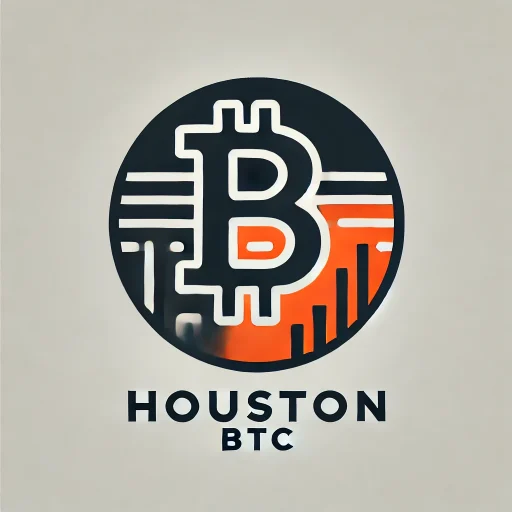As I scroll through social media, I find myself bombarded with a diverse range of posts and topics that define the digital landscape in 2024. Among these digital musings, there are recurring themes: Bitcoin, China’s property market woes, inflation, wars, and the ever-advancing field of artificial intelligence. It’s a peculiar mixture that captures the essence of our times.
Here we are in 2024, just one month into the year, and we find ourselves confronted with a world even more embroiled in conflicts and confusion. The lines between reality and fiction blur, leaving us in a state of perpetual uncertainty. In this surreal landscape, facts are often denied, and the once-trusted mainstream media has transformed into something else entirely, shaping narratives to fit their agendas. It becomes increasingly difficult to discern what is true and what isn’t.
Remarkably, it has only been a little over a year since the release of ChatGPT and other large language models. Yet, our perception of reality has been profoundly affected. Artificial intelligence is weaving itself into the fabric of our existence, adding complexity to the simulation we call reality.
In the digital realm, a recent incident on X, formerly known as Twitter, highlighted this growing complexity. An individual created an explicit deepfake using the likeness of Taylor Swift, and it quickly went viral. However, the post was promptly censored by X, raising questions about the platform’s commitment to the principles of freedom of speech, ideas, and artistic expression that it was originally founded upon. This censorship event sets a precedent, making us ponder what else could be censored based on artificial intelligence-generated content. It raises concerns about the potential manipulation of algorithms to influence outcomes and the reach of certain individuals. In the face of such developments, the inner workings of these systems remain shrouded in mystery, leaving us to wonder how they truly function.
AI, in all its complexity, continues to disrupt our understanding of reality. It has the power to generate fake images, videos, and text, blurring the line between the genuine and the fabricated. Our perception of what’s real becomes increasingly distorted as this technology proliferates across the internet.
In a recent announcement, Elon Musk revealed “The first human received an implant from @Neuralink yesterday and is recovering well. Initial results show promising neuron spike detection.” This marks a significant milestone in human-technology integration, ushering in a new era for humanity. Technology is advancing at a pace that surpasses our ability to keep up. Simultaneously, we witness the disintegration of certain aspects of our humanity, outpacing our capacity to adapt.
There’s a delicate balance between these two forces. We shape our reality by selecting the information we consume. Some individuals remain blissfully unaware of the complexities of Bitcoin, global conflicts, Neuralink’s brain-computer interfaces, and the havoc that artificial intelligence can wreak on our understanding of reality. They exist in their own version of reality, free from the information overload that plagues many of us.
The internet plays a pivotal role in connecting us all. It acts as a double-edged sword, providing both blessings and curses. It enables unprecedented access to information and connections while also exposing us to the dangers of misinformation and manipulation. Our digital footprints and the information we consume shape the realities we inhabit.
In this convoluted landscape, it’s challenging to pinpoint the exact message I’m trying to convey. However, one thing is clear: we live in a unique moment in history. Humanity is on the cusp of greatness, poised to achieve remarkable feats in the 21st century. Simultaneously, we grapple with the disruptive force of technological advancements and the rapid transformation of our reality. The next 10 to 20 years and beyond promise to be a captivating journey, as we push the boundaries of discovery and creation.
Amidst all this complexity, it’s crucial to stay grounded in the present moment. The present is where we make choices, where we influence our own realities, and where we shape the future. It’s a time to reflect on the digital age we find ourselves in, with all its wonders and challenges, and to navigate this ever-evolving landscape with wisdom and discernment.


Leave a Reply
You must be logged in to post a comment.